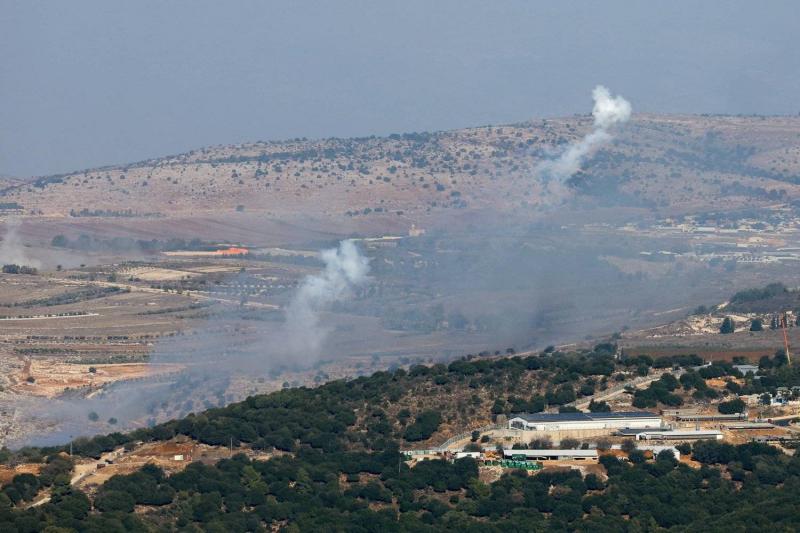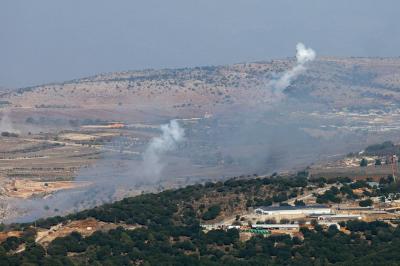Former Israeli National Security Council head, Major General Giora Eiland, announced that anyone calling Hezbollah a "terrorist organization" is extremely mistaken, pointing out that the group derives its strength not only from the number of fighters and weapons it possesses but also from advanced Iranian technology and intelligence information provided to it. In a statement through the Israeli site "n12," Eiland said that "Hezbollah benefits from the fact that it is close to the border with Israel, and it takes advantage of the fact that although it is an army for all intents and purposes, the constraints that apply to the army do not apply to it when it comes to civilians or activities from within civilian territories."
However, Eiland noted a "weakness within the organization, the need for legitimacy from the people." He added, "Nasrallah sees himself as a Lebanese nationalist, and the foundation of his legitimacy in his country is precisely the claim that he protects Lebanon and cares for the Lebanese people." Eiland believed that "the only way to exploit this weakness is through war not only against Hezbollah but against the state of Lebanon." He continued, "If Israel launches its campaign against the state of Lebanon, targeting its vital infrastructure and important neighborhoods in Beirut, and if all of that is utterly destroyed, making the country without ports, an airport, transportation, or communications, then Hezbollah will lose the spirit it has tried to build for itself over two decades and will find itself in a very difficult political position, one it will not be able to coexist with."
He added, "Unlike Hamas's sole rule in the Gaza Strip, Hezbollah is extremely sensitive to Lebanese public opinion. Lebanon has a much greater culture of public opinion, a free press, and a relatively free economy, as well as witnesses with many accusations against Hezbollah. Furthermore, Nasrallah will struggle to gather internal legitimacy for a conflict that will devastate his country and will not be able to explain that he is doing what he does to protect Lebanon, because everyone will say he is bringing destruction upon them."
For his part, Israeli army reserve Major General Yaakov Amidror said, "Many do not support the idea of causing significant damage to civilian infrastructure in Lebanon," and added, "I am against attacking Lebanese systems unless they serve Hezbollah’s military capability. We will quickly lose international legitimacy if it becomes clear that we are destroying the weakened state of Lebanon that did not choose Hezbollah. In addition, the state of Lebanon can accept responsibility for the day after the war, so we must ensure that it is strong enough and that Hezbollah is weak enough."
He added, "In Lebanon, we can conduct a smarter war, where we will show the world that despite knowing how to destroy everything we want, we only destroy what deserves it, and do not destroy anyone except those who fight us."
On the other hand, Eiland stated that "warnings of international uproar will halt Israeli action quickly," saying, "I hope that the war will provoke international condemnation. The world will tell both sides to stop the war, and Israel will be interested in that at this stage. The shorter the war, the better. What could disturb us is international indifference."
Eiland clarified that Israel needs to pave the political groundwork for such a move, especially in facing the American administration, adding, "The question is a strategic one – what is the Israeli narrative, what do we tell the world? If we do not make political preparations, the United States may ask us to fight Hezbollah but we wouldn't dare to harm any assets belonging to the Lebanese state, as that could be catastrophic."




